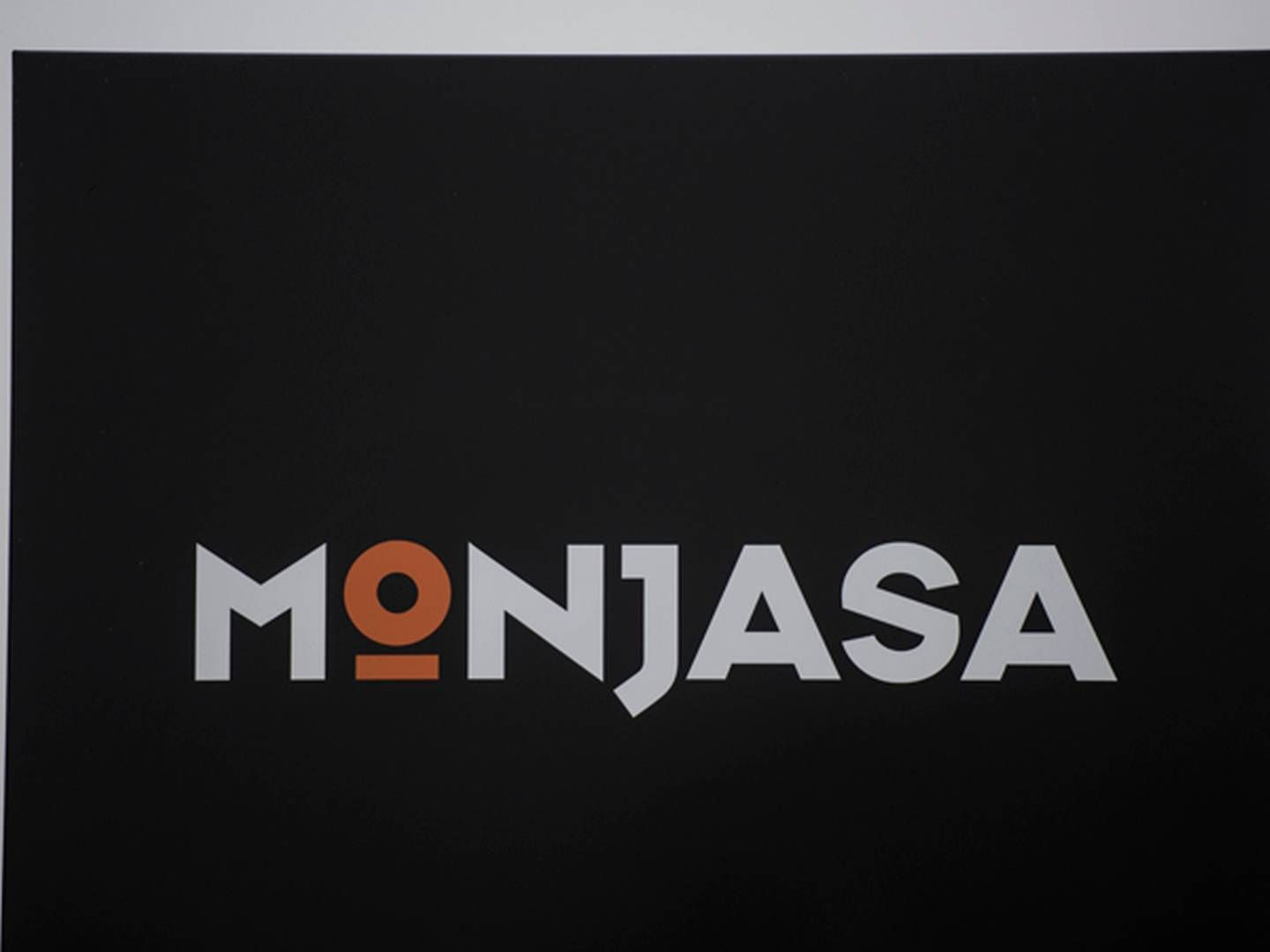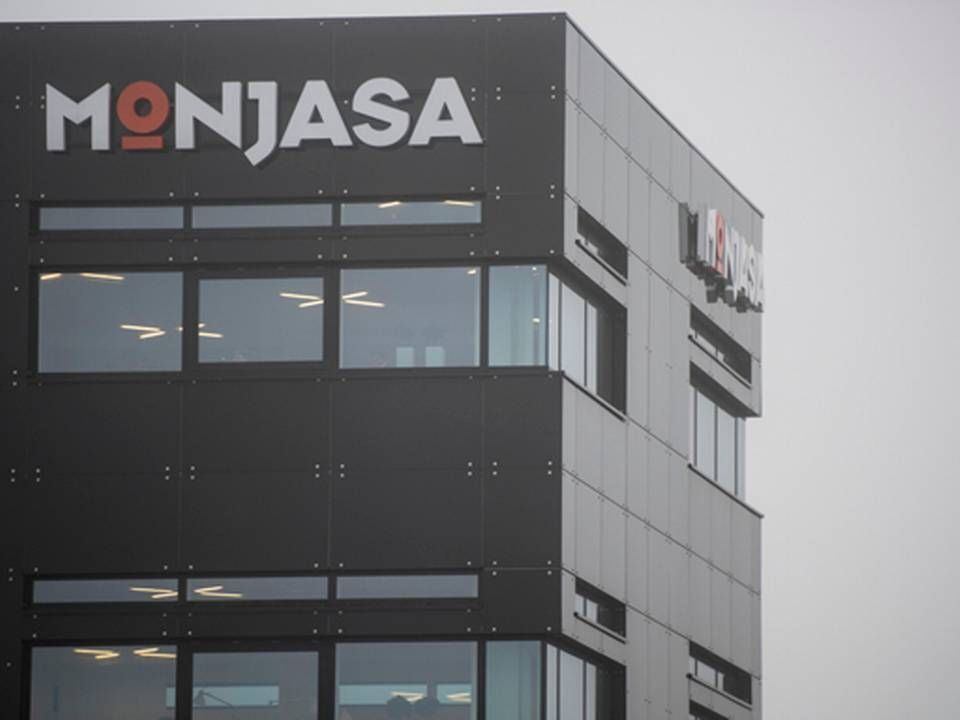Monjasa founder dug out crucial evidence to secure acquittal
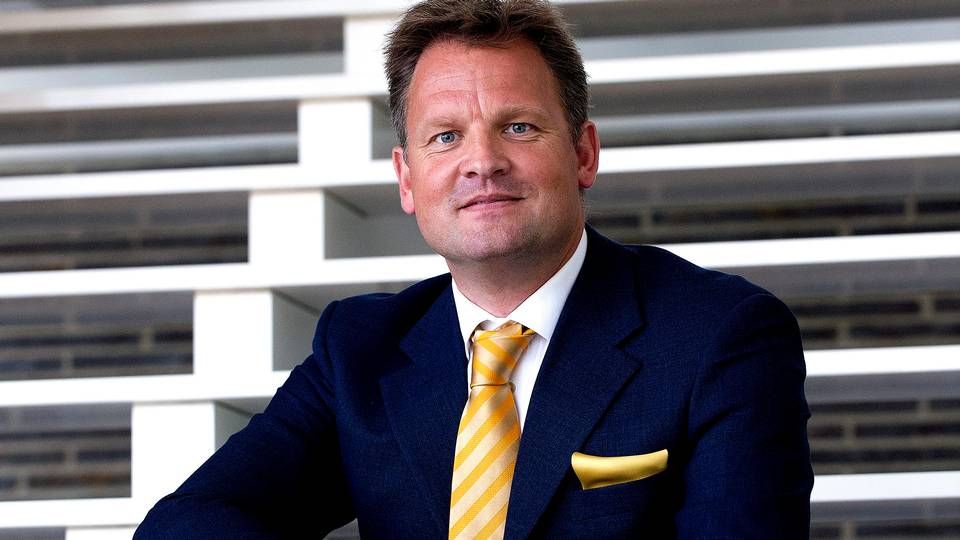
Danish businessman Jan Jacobsen can in part thank himself for him and Monjasa having been cleared of all charges in a remarkable fraud case concerning bunker oil trades for millions of dollars.
After having last year been convicted by the Danish District Court of fraud perpetrated against a Malaysian customer, the Danish bunker and its founder were cleared of all charges by Denmark's Western High Court on Monday.
The verdict concludes that there is no evidence that Monjasa over-billed its customer Pacific Inter-Link in a series of bunker trades in the years 2010 to 2013.
With the acquittal, Jacobsen can breathe a sigh of relief after living in the shadows of a highly publicized fraud conviction for more than a year.
He can also be pleased with the fact that he took matters into his own hands and found several of the witnesses and evidence on which the Western High Court based its decision.
Somewhat unusually, Jacobsen has investigated the charges against himself and Monjasa, as he and the defense felt that the prosecutor had neglected to gather testimony from several key witnesses during the District Court process.
These witnesses now play a central role in the Western High Court's decision after nine court sessions at which the case slowly tipped in favor of the defense's call for acquittal.
Lasted more than three years
The case began in 2014 when Pacific Inter-Link reported Monjasa to the Danish Attorney General's Office for fraud and financial crimes, colloquially known as the Fraud Squad.
The Malaysian palm oil producer found itself in possession of several suspicious bunker delivery notes for two of its chartered vessels. According to the company, these delivery notes showed that Monjasa had delivered less fuel than the company had billed the customer for.
Pacific Inter-Link later withdrew its charges after having received USD 3.8 million from Monjasa. The company's CEO also explained that he now "had a clear picture of this complicated matter" and that the problem was therefore resolved.
But this settlement did not deter the Danish Attorney General's office, which decided to pursue the case. Before the settlement, Monjasa's headquarters in Fredericia had been raided, and the police had seized computers and made copies of the company's IT system.
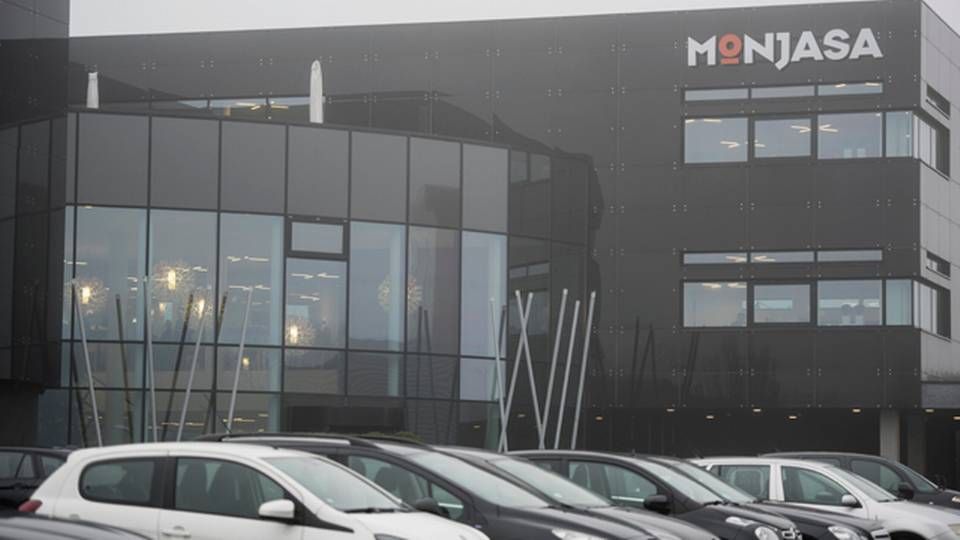
According to the police, Monjasa had deliberately over-billed Pacific Inter-Link in 24 bunker transactions from 2010 to 2013.
The fraud, said the prosecutor, was made possible by the fact the profits were split with company Templar, which shared an executive with the company that handled operation of the vessels. This enabled Monjasa and Templar to bribe the crew, according to the police.
However, Monjasa and Jacobsen have persistently maintained that the full bunker volumes were delivered to the two vessels. This was usually done through two sub-suppliers, of which Templar was one, they argued.
The District Court sided with the prosecutor's version, sentencing Monjasa to a fine of DKK 10 million (USD 1.5 million), while Jacobsen was sentenced to 3.5 years in prison and stripped of his right to run a business without being fully liable for five years.
On Monday, the Western High Court reached the exact opposite conclusion, and this is especially due to the fact that Jacobsen, according to the court, has unearthed several crucial evidence after the District Court verdict was issued in September 2016.
Found evidence in Dubai
During the appeal case, Jacobsen has explained that he was "deeply shocked and surprised" by the tough verdict. The verdict has had significant personal consequences for Jacobsen, who had to walk away from his life's work, while Monjasa's reputation has taken a big hit.
Following the verdict, Jacobsen made contact to Templar. He wanted to know who the company had used as supplier in the contentious bunker transactions for which the District Court ruled that over-billing had taken place.
Through several meetings in Dubai, he was told that Templar had used a local and hitherto unknown bunker company named West Gate Ships Trading in several of the transactions featured in the case. He was given documentation at the meetings, while the rest of the material was sent to him by mail later.
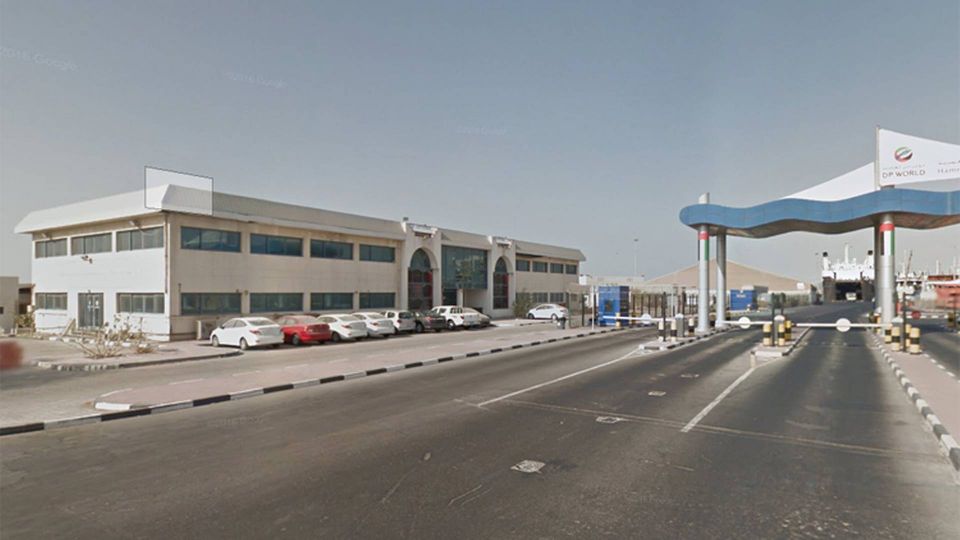
This includes several invoices and Yahoo Messenger chat messages between Templar and West Gate Ships Trading, which together helped cast doubts on the comprehensive paper trail presented by the prosecutor as argument for its case.
A Templar employee and the CEO of West Gate Ships Trading appeared in person at the Western High Court, where they confirmed that the oil had been supplied to the two vessels.
"I can of course confirm that," said Twfik Fawzi, CEO of West Gate Ships Trading, when he testified to then court after traveling from Dubai to Viborg, Denmark, where the Western High Court is located.
Head of sales lashed out at key witness
A former head of sales for Monjasa served as another key witness for the defense. He did not, for practical reasons, testify to the District Court, though he was centrally placed at the bunker company and had first-hand knowledge of the events.
As the last witness before the procedures, he provided one of the case's most noteworthy testimonies, which included a fierce character attack on the police's key witness.
After this, he contacted Templar to hear how much oil they could supply, as they were the cheapest. The remaining fuel oil volumes were then ordered from another supplier, typically Tranship of Saudi Arabia.
"What happens is that when they order 1,000 tons, we deliver 1,000 tons," said the former head of sales.
This went against the explanation from the prosecutor's key witness, a former Monjasa oil trader and subordinate to the head of sales. He was responsible for ordering the oil from the other supplier. He had never heard about nor dealt with Templar, he said.
The key witness was convinced that fraud was taking place when the head of sales called him late one night and told him that one of the vessels now needed to receive the full fuel volume ordered as Pacific Inter-Link had sent controllers on board.
But this call never took place, said the head of sales, who instead lashed out at the key witness and described him as "a very fraudulent person."
It is now clear that the Western High Court did not attribute the same weight to the key witness' testimony as the District Court did.
Focus on billing
A decisive point of contention in the case was the billing of Templar.
Jacobsen explained that he personally calculated the payments to Templar, which were paid when the transactions were completed and oil delivered.
This is due to then fact that Monjasa often paid 40 percent less than market value, as the quality of Templar's fuel oil could not be guaranteed. The price was then benchmarked against the other supplier's price according to a so-called open book deal, of which the Western High Court, unlike the District Court, found no reason to question the validity.
As such, it was not a matter of Monjasa and Templar splitting the fraud profits 40/60, as otherwise claimed by the prosecutor.
A technical report from a ship engineer also carried significant weight in the acquittal of Monjasa and Jacobsen.
This report showed that the two vessels would have stalled several times on their voyages if they had not received the fuel volumes for which Monjasa billed customer Pacific Inter-Link.
The defense again provided the crucial evidence in this regard.
Unusual choice tipped the scales
"On the defense team, we know that this is unusual. But it doesn't change the fact that this is key evidence," said Monjasa's defense attorney Jacob Skude Rasmussen in his procedure, in which he criticized the prosecutor for not investigating the case sufficiently.
He as well as Jacobsen's defense attorney, Henrik B. Sanders, said that it had fallen to the defense to prove the innocence of the defendants, even though the prosecutor is usually responsible for proving guilt.
As such, they had encouraged Jacobsen to investigate the case himself.
An usual piece of advice, which resulted in the discovery of several of the evidence that ultimately enabled Jacobsen and Monjasa to breathe a sigh of relief at 2 pm CET Monday when Denmark's Western High Court issued its verdict and put an end, after more than three years, to the remarkable bunker fraud case.
The Danish Attorney General's office says it is unlikely to appeal the verdict.
English Edit: Daniel Logan Berg-Munch
Monjasa and founder Jacobsen cleared in fraud case
Monjasa's fate in fraud case will be decided Monday
Monjasa's defense criticizes evidence: It's deception
Prosecutor followed paper trail in case against Monjasa
Former Monjasa executive lashes out at key witness
Monjasa's fraud-convicted founder is fighting for acquittal
Monjasa presents its own investigation in appeal case
Key witness in Monjasa case absent at appeal
Related articles
Monjasa and founder Jacobsen cleared in fraud case
For subscribers
Monjasa's fate in fraud case will be decided Monday
For subscribers
Monjasa's defense criticizes evidence: It's deception
For subscribers


